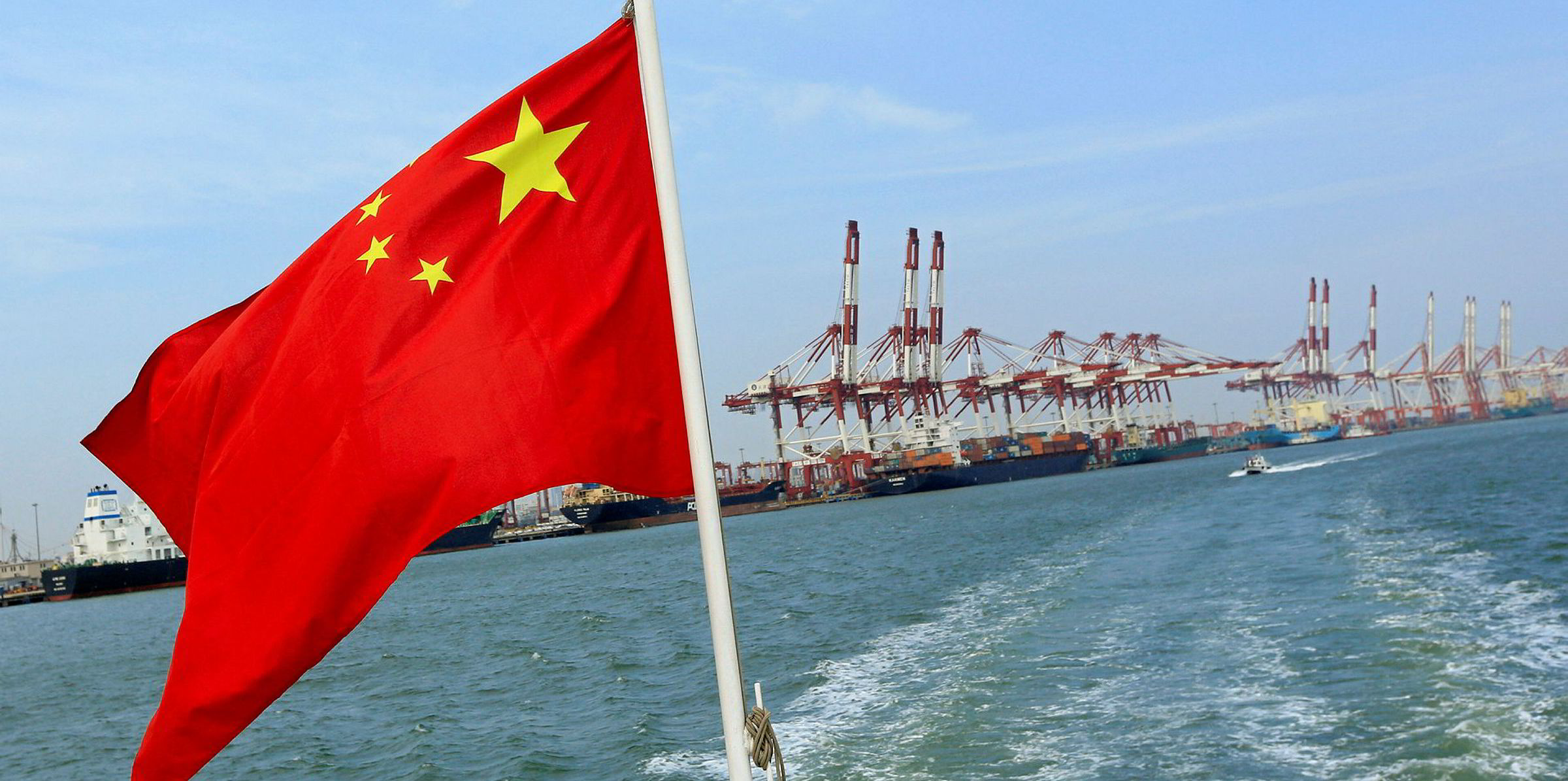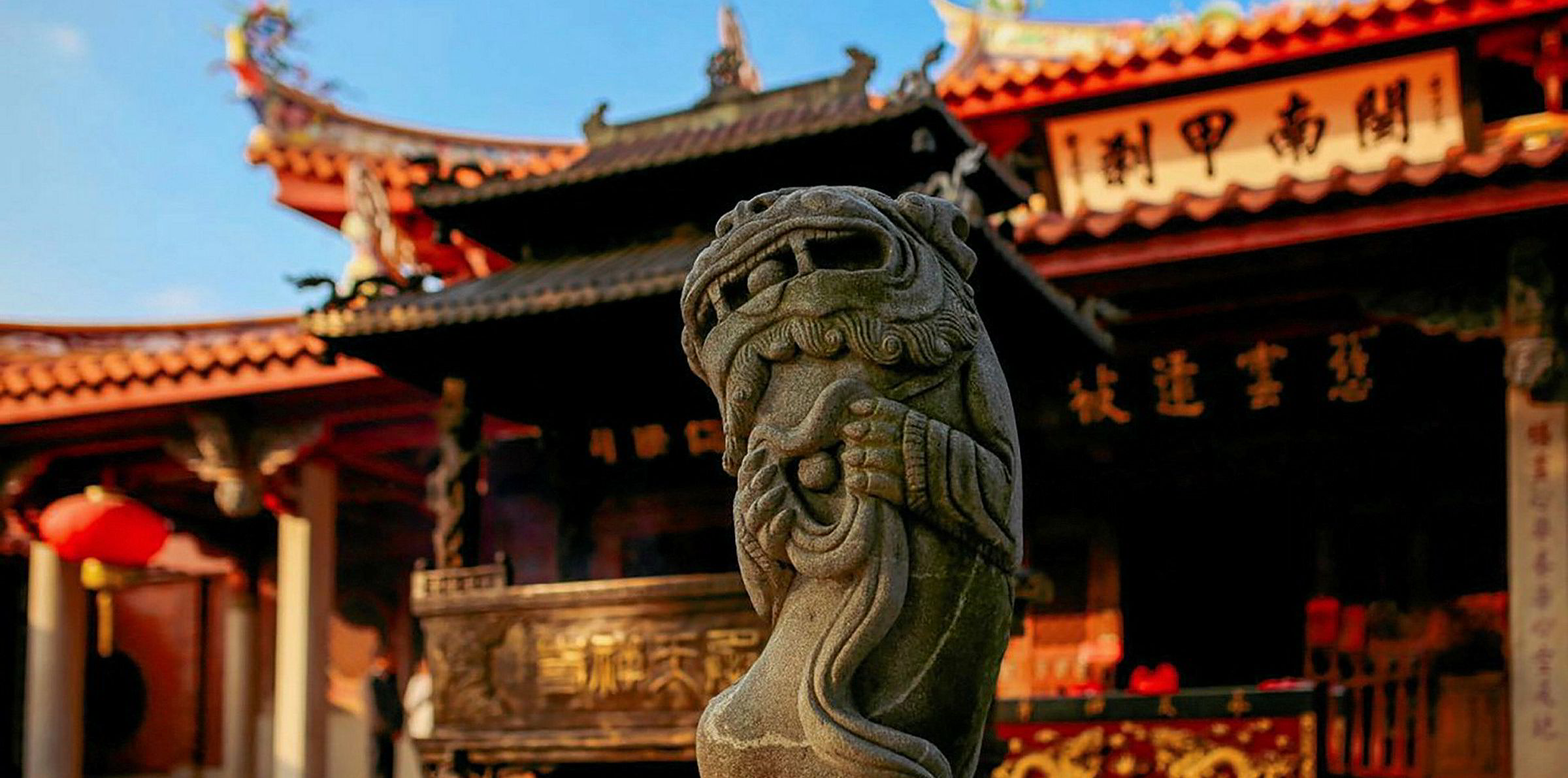Chinese maritime authorities are pushing back against imports of even relatively young ships ahead of the closing window for the import of pre-IMO Tier II vessels.
The regulatory rigidity comes as critics of new import rules say they create "quasi-Jones Act" conditions in the Chinese domestic trade, by making imports financially unfeasible for the coastwise coal trade and reserving it for the ageing fleet that has already been imported.
Commercial sources said the sale of the 53,600-dwt Magnum Force (built 2008) to domestic Chinese import buyers has failed after China's Maritime Safety Administration (MSA) surprisingly raised a series of objections to the standard of the Sinopacific-built supramax. The ship was delivered from the former Sinopacific Group's Dayang Shipbuilding.
The supramax had previously been reported sold in May for $9.9m, with special survey due, but Greek owner F-Maritime denied the ship had been sold at that time.
F-Maritime is listed with a fleet of three Dayang-built supramax sisterships and a younger South Korean-constructed panamax.
Younger generation
The Magnum Force is much younger than the typical candidates for sale to Chinese import bulker buyers, which are Japanese-built ships close to the current age ceiling of 18 years.
But it is just a little older than the vessels that will be eligible for import after 1 September, when new rules come into effect mandating that only IMO Tier II-compliant secondhand vessels can be brought into the Chinese flag for domestic trading.
Sources close to the sale said the MSA objections to structural and other aspects of the ship's condition were not typical for such transactions, and they added that the thumbs-down was a sign that Chinese authorities were tightening their grip even in advance of the import rule change suddenly announced last week.
Sale-and-purchase brokers argued that the unintended consequences of China's new rule on secondhand vessel imports is likely to be an older, less safe and less green coastwise bulker fleet in the country's waters.
However, the brokers were unwilling to go on the record with direct criticisms of Chinese policy.
"As is often the case with politicians interfering with shipping, they are likely to bring about consequences the opposite of what was intended," said the head of a major global shipbroking company's operation in China.
"The rules are meant to reduce the age of the fleet and reduce pollution, but they are more likely to ringfence a fleet of elderly bulkers, some built in the 1980s," he said.
"In order to replace them, Chinese domestic owners would have to buy ships that cost 150% more [than the ones they currently import], but they won't do that. The coastwise rates will just not support the investment."
Fleet renewal or not, the high-volume coal trade will continue to go by sea.
"The demand for ships to carry coal from north to south is definitely there, and China's road and rail infrastructure is not up to the job," he said.
He added that this means "old clunkers" will stay in business thanks to regulations that create a "quasi-Jones Act", referring to the US legislation that forbids importing foreign-built vessels, resulting in a fleet of high average age.
"Some people are saying, 'Well, the new rule is only for five years, so it may lapse after that'," the broking executive said. "But, by 2023, [IMO] Tier III will be well under way, and who knows what the new requirement will be?"




